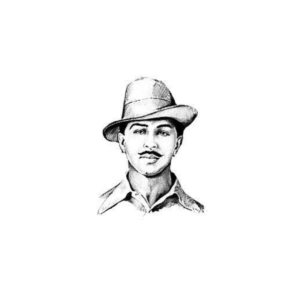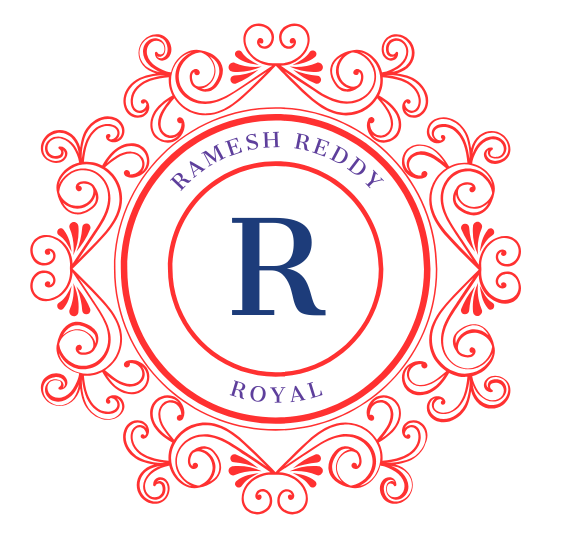Bhagat Singh, full name Shaheed Bhagat Singh, was a prominent Indian freedom fighter and revolutionary who played a key role in the struggle for India’s independence from British colonial rule. He is remembered as a symbol of sacrifice, courage, and patriotism. Here’s a brief biography of Bhagat Singh:

Early Life:
- Bhagat Singh was born on September 28, 1907, in Banga, Punjab, which is now in Pakistan.
- He came from a Sikh family that had a history of involvement in the freedom struggle. His father, Kishan Singh Sandhu, and uncle, Ajit Singh, were both active in the struggle for India’s independence.
Involvement in the Freedom Movement:
- Bhagat Singh’s early exposure to the Jallianwala Bagh massacre and the sacrifices of freedom fighters deeply influenced his political beliefs.
- He became a member of the Hindustan Socialist Republican Association (HSRA), a revolutionary organization that aimed to overthrow British rule through armed struggle.
Protests and Revolutionary Activities:
- Bhagat Singh was involved in several protests and acts of civil disobedience against the British government. He actively participated in the Non-Cooperation Movement and the Civil Disobedience Movement.
- His most notable act of protest was the assembly bombing in the Central Legislative Assembly in Delhi in 1929, along with fellow revolutionary Batukeshwar Dutt. Their aim was to protest against repressive laws and make a statement against British rule.
- Bhagat Singh was arrested and subsequently put on trial for his involvement in the assembly bombing. During his trial, he used the courtroom as a platform to express his revolutionary beliefs and his commitment to the cause of freedom.
Execution and Legacy:
- Bhagat Singh, along with Rajguru and Sukhdev, was sentenced to death for the murder of British police officer James A. Saunders.
- Despite widespread protests and appeals for clemency, Bhagat Singh and his comrades were executed on March 23, 1931, in Lahore Central Jail. He was just 23 years old at the time of his execution.
- Bhagat Singh’s sacrifice and bravery made him an iconic figure in the Indian independence movement. He is often remembered for his famous statement, “Inquilab Zindabad!” (Long Live the Revolution!), which became a rallying cry for freedom fighters.
Legacy and Influence:
- Bhagat Singh’s legacy continues to inspire generations of Indians. He is considered a national hero and martyr.
- His life and writings have been the subject of numerous books, films, and documentaries, ensuring that his story is passed down to future generations.
- March 23, the day of his execution, is observed as Shaheed Diwas (Martyrs’ Day) in his honor in India.
Bhagat Singh’s unwavering commitment to the cause of India’s independence, his fearless actions, and his ultimate sacrifice have cemented his place in the annals of Indian history as a symbol of resistance and patriotism. He remains an inspiration to those who strive for justice and freedom.
